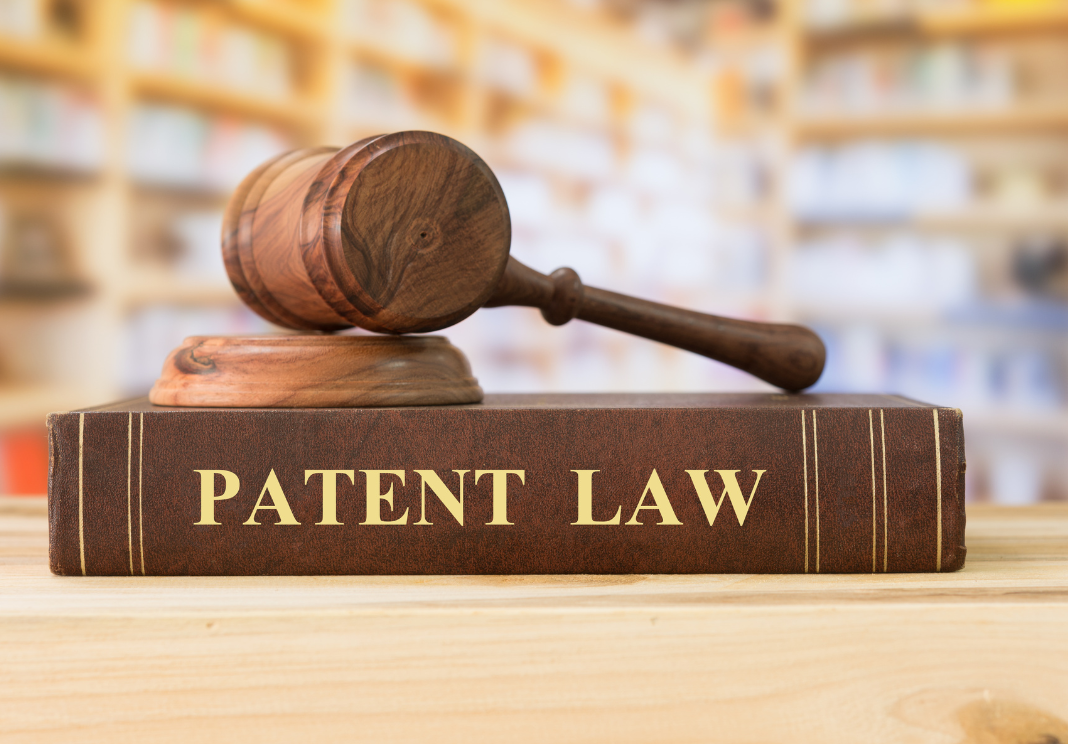It is not always clear to those outside the Intellectual Property world what the difference between IP Attorneys and Solicitors is. We outline here exactly what a Patent Attorney is, and how a Patent Attorney differs from a Solicitor, and how at times they work together!
What is a Patent Attorney?
European Patent Attorneys are technically qualified specialists (with a degree in either Engineering or Science disciplines) who work within the framework of a number of patent specific legal texts such as the European Patent Convention, the Patent Cooperation Treaty and the Irish Patents Act. There is no requirement for European Patent Attorneys to study other aspects of the law apart from patent law and practise.
What about Solicitors?
In contrast, Solicitors and Barristers are legally qualified (with a degree in law and typically further legal qualifications depending on their area of specialisation). There is no requirement for Solicitors and Barristers to study topics such as engineering or science and typically, the majority have not done so.
How do I work with a Patent Attorney?
You are the expert on your invention. If you would like to obtain a patent to protect your invention, a Patent Attorney will be able to assess your invention from a patent perspective and advise you on how to obtain the best and most meaningful protection for your invention. Your Patent Attorney is the expert in gaining suitable legal protection for your specific invention. Your Patent Attorney will draft your patent application and file it with a relevant Patent Office (such as the Intellectual Property Office of Ireland or the European Patent Office). Your Patent Attorney is authorised to represent you before the Patent Office and will guide you through proceedings in the Patent Office as they arise (search, examination, grant, opposition, renewals and other ancillary actions), file appropriate communications and pay relevant fees on your behalf.
From the date of filing of your patent application, you will be afforded a level of provisional protection for your invention. Once you have a granted patent, you can use this patent to enforce your rights (i.e. to stop others from making, selling, using, importing or stocking your invention within your chosen territory).
How can my Patent Attorney help me enforce my IP rights?
The first step in enforcing your rights is to make the offending 3rd party aware of your granted patent. Should this prove to be ineffective, your Patent Attorney can draft a cease-and-desist letter specifically outlining how the offending 3rd party is infringing on your granted patent and how this situation can be resolved. Should the offending 3rd party continue to infringe on your granted patent, it may be necessary to commence infringement proceedings through your National Courts.
When might I need assistance from a Solicitor?
Patent attorneys cannot act before any Irish Courts, so any action involving Intellectual Property issues before the Irish Courts will require representation by a solicitor and probably a barrister also. Solicitors are also qualified in contract law and so can have a special role in drafting and advising on licence agreements and the like.
Your Solicitor will assess the merits of the infringement case from a legal perspective. Your Solicitor is authorised to represent you before the National Courts and a Barrister will then present your case in the National Courts. During this time, your Patent Attorney will continue to assist you in understanding the patent considerations of your patent rights and will assist you and your Solicitor in understanding the legal considerations of your infringement case. All three (Patent Attorney, Solicitor and Barrister) will work together as a team to achieve the desired outcome for you from any such infringement proceedings at the National Courts.
Should you need assistance in protecting your invention, please contact us at mail@maclachlan.ie and we would be pleased to assist


